

Find Out More About weight loss surgery in İstanbul and
Get a Free Medical Consultation Now
By sending the form, you agree to our Privacy Policy.

If you are interested in an Weight Loss Treatment in Turkey or have any questions about the process in general, feel free to start a chat. Our experienced multilingual Medical Advisors are at your service 24/7 to provide you with support.
For people who do not afford cost of a bariatric surgery in their own country and seek affordable, safe and high quality surgery abroad, Turkey is the best place to travel. Turkey is one of the most popular and the best destination for weight loss surgery in the world. Each year, thousands of people from all around the world comes to Turkey for to lose excess weight from their bodies. Turkey is among the top 10 medical tourism destinations in the world. In Turkey, patients receive advanced treatment with cutting-edge technology from high qualified medical staff. Patients generally save 50% to 70% in healthcare cost in Turkey compared to the cost of similar services in Europe and United States.
All our surgical procedures are
carried out by internationally renowned
bariatric surgeons in our own clinic
which is located in A-plus VIP hospital
with JCI accreditation
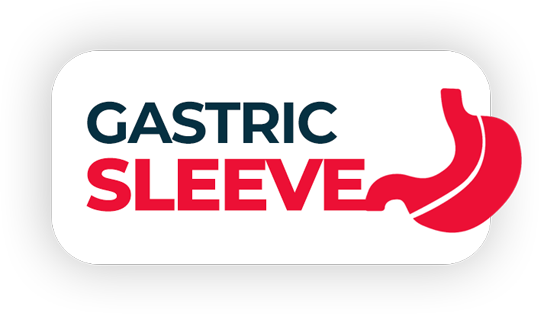
Gastric sleeve surgery also known as sleeve gastrectomy involves laparoscopically removal of the approximately %80 of the stomach without disrupting normal connections with oesophagus and small intestine. It works by limiting the amount of food that patient can consume so that the patient feels full soon after eating a smaller portion.
Our bariatric surgeons are
among the Turkey’s most
successful providers of
weight loss surgeries.

Intragastric balloon is an alternative to bariatric surgery in overweight people with a Body Mass Index (BMI) of 30 to 40, who haven’t succeeded at diet and exercise alone or who do not want or do not have surgical indication.
Depending on their weight,
most patients can lose 70-80
% of the total body weight at
a pace of 6- 8 kgs every month.
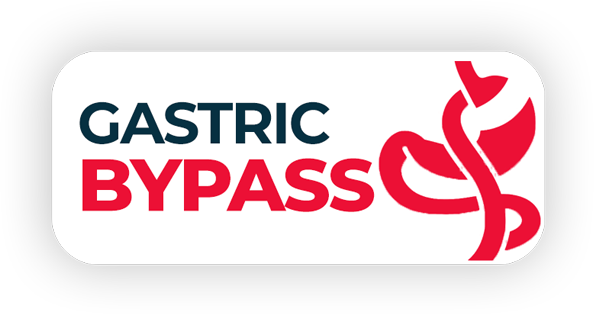
Laparoscopic gastric bypass is considered the gold standard obesity operation and it is one of the most common types of bariatric surgery in Turkey. You are a good candidate for Gastric bypass surgery if you have a Body Mass Index (BMI) of 40 or higher. Doctors generally suggests this surgery if the patient is severely obese and has serious obesity related health problems such as diabetes, heart disease, high blood pressure, or severe arthritis.

Weight Loss
Surgery Package
-
Post-Operation Dietary and Psychological Support
-
24/7 Post-Operation Availability
-
Free Pre-Operative Examination
-
Best Quality Surgical Equipment
-
Special Diet Plan
-
VIP Transportation
-
5 nights Accommodation
-
No payment before doctor appointment
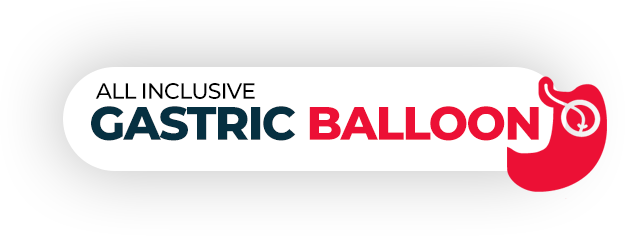
Weight Loss
Surgery Package
-
Post-Operation Dietary and Psychological Support
-
24/7 Post-Operation Availability
-
Free Pre-Operative Examination
-
Gastric Balloon Surgery
-
Diet Plan
-
VIP Transportation
-
5 nights Accommodation
-
No payment before doctor appointment
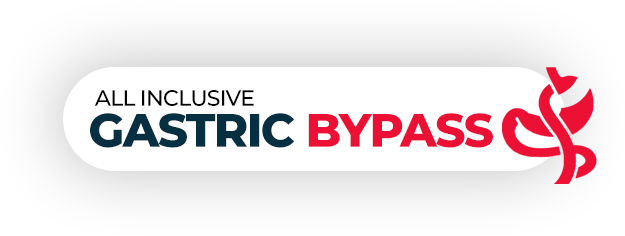
Weight Loss
Surgery Package
-
Post-Operation Dietary and Psychological Support
-
24/7 Post-Operation Availability
-
Gastric By-pass Surgery
-
Best Quality Surgical Equipment
-
Diet Plan
-
VIP Transportation
-
5 nights Accommodation
-
No payment before doctor appointment
BEFORE / AFTER
Bariatric Surgery #Sleeve Gastrectomy #GastricBalloon #GastricBypass










Find Out More About weight loss surgery in İstanbul and Get a Free Medical Consultation Now

Consultation

Transportation
We gladly organize a complimentary shuttle service from the airport and hotel. We are always checking the landing time of flights so you don’t need to worry if there is any delay on landing. After collecting your bags please walk to the exit and look for our driver holding a board with your name.

Accomodation
We will offer you several hotel alternatives close to the hospital for your accommodation needs which are suits budget. We have agreements with hotels which offer special rates for our patients and their accompanying family members. Accommodation assistance is offered for your convenience, you can also explore other options on your own.

Planning Treatment
Before the surgery starts, healthcare providers have to make sure your body is ready. In the pre-operative room, you’ll have a final consultation and evaluation.Vital signs like blood pressure, breathing rate, heart rate, and body temperature will be checked. Anticoagulants, which are blood-thinning drugs, are administered.

Post Operative Support
Making good food choices and eating a balanced diet will help you shed pounds after bariatric surgery and maintain a healthy weight for life. Our bariatric surgeon will advance you through each phase of the post bariatric surgery diet plan — beginning right after surgery — until you’re ready for the final, lifelong phase.
FAQ
Bariatric Surgery
First of all, you should know that your excess weight is not your destiny and that you should get rid of this excess weight, and you can get rid of it by receiving medical support’. If your BMI is higher than 30 kg/m2, you should definitely receive appropriate treatment. Obesity should be managed with conservative methods initially; including diet, sports, acupuncture, and the use of some therapeutic medications. Although potential endocrinologic causes of obesity account for less than 1% of all etiologic factors in obesity, they should nevertheless be investigated in the first place. The two leading endocrinologic factors are hypothyroidism due to underactive thyroid hormones and Cushing’s disease, which develops due to excessive cortisol production in the adrenal glands, causing central obesity.
Some psychological problems, especially major depression, may result in obesity, especially in individuals with a weight gain of considerable quantities in the short term. Eating food can transform into a psychological defense mechanism. In other words, eating becomes a way of emotional expression for the patient. These conditions require seeking psychological support. Although the treatment can take longer and be laborious, it can be treated.
The first step in the treatment process in patients without any endocrinological diseases is to change the eating habits under the supervision of a dietician. A controlled dieting program and engagement in regular workouts should definitely be attempted first to lose weight. The use of some therapeutic drugs that act on fat metabolism can support this process. However, treatment with medications should always be approved by an endocrinology specialist physician before the individual starts taking therapeutic drugs.
Obesity surgery candidates are the individuals with morbid obesity, who have been unable to lose weight after adopting at least 2 diet programs or dieting for 6 months, or they are morbidly obese individuals, who return their bodies to their previous weight after weight loss.
Obesity surgery is a term that covers a group of surgical methods applied to the digestive system to treat morbid obesity that causes health problems and cannot be resolved by nonsurgical methods including dieting and exercising. According to international guidelines, obesity surgery is the most appropriate method for the treatment of morbidly obese patients. According to the criteria defined in international guidelines; the candidates of obesity surgery are individuals with a body mass index of 40 or more. They are also individuals with a BMI of 35 and more, having one or more comorbid disorders including type 2 diabetes, hypertension, sleep apnea or other respiratory problems, non-alcoholic fatty liver, osteoarthritis, lipid metabolism anomalies, and heart diseases. These patients should not be addicted to alcohol or drugs and should not have serious psychological disorders.
Obesity shortens human life expectancy for about 10-15 years. It is the second leading cause of death after smoking. This type of surgical procedure is not a type of aesthetic surgery performed for losing weight. Obesity surgery provides significant benefits for our body after weight loss occurs. These benefits include sustained remission of type 2 diabetes, improvements in cardiovascular health, remission in depression, recovery from obstructive sleep apnea, relief from joint pain, and improved fertility.
Obesity surgery is associated with the three most feared risk factors. These are anastomotic leaks (leakage), embolism (clot formation), and bleeding. These risks are seen at a rate of around 1% in surgeries performed by experienced surgeons. It is crucial to identify such problems as early as possible and to perform appropriate interventions. In the long term, 20% of patients can gain weight and a small number of patients return to their previous body weight. Surgery is only a tool for patients. The risk persists in patients, who do not change their lifestyles and dietary habits.
Although obesity surgery refers to different types of methods and operations, its effects can be examined in two categories. These are the restrictive effect on food intake and malabsorption that impairs the absorption of food.
The most common method in obesity surgery is sleeve gastrectomy or commonly known as the tube stomach method, which is performed for reducing the size of the stomach all over the world as well as in our country. Gastric bypass is surgery is another method commonly performed by surgeons, especially in metabolic syndrome patients, which refers to patients with type 2 diabetes, hypercholesterolemia (patients having high cholesterol levels), and hypertension * (high blood pressure) accompanying obesity. These operations are performed laparoscopically.
It takes 6-8 weeks for the patients to switch to a normal diet. Patients begin with a liquid diet first. After 1-2 weeks of adaptation, patients start eating strained food. Then, they can start soft foods and finally start eating normal foods gradually. The priority should be given to protein intake. You should eat at least 60 grams of proteins every day. You should drink water 30 minutes before or after the meal. ‘Dead’ or processed food, fast food, and easy and ready-made meals should be avoided. Your diet plan for the rest of your life should “prioritize protein intake and then it should aim the proper intake of calcium followed by the intake of vegetables/fruits rich in vitamins, fiber, and pulp” .
You should not skip regular meals and you should not starve for long periods. You need to have at least 3 main meals a day and eat at least 1-2 snacks rich in protein. Patients should not starve for more than 4 hours. You need to swallow well-chewed food. Solid foods should not be consumed simultaneously with liquids. One should have the liquids half an hour before or after meals. The diet should not include carbonated drinks. After the surgery, people are more likely to drink carbonated beverages at meals; however, this combination of carbonated beverages and meals will eventually result in weight gain. You need to give up eating burgers and fries etc.
Especially during the first six months after the surgery, you should avoid drinking alcohol due to its acidic properties and high calorie content. Because a large part of your stomach has been removed and/or half of your intestines are bypassed, you need vitamin supplements.
It is necessary to avoid junk food as snacks. The carbohydrate portion of the diet should include good-quality food rich in complex carbohydrates including fruits, dried fruits, legumes, fiber foods, and oats.
When a patient in need of obesity surgery comes to meet with us, it is primarily evaluated in detail by me. The patient’s diets, the drugs used, exercises, how long has been overweight, it is absolutely evaluating whether there is any incidental disease, height, weight and body mass index. The patient’s detailed physical exam examination is carried out. After that, if the patient is suitable for obesity surgery and wants to be operated, then we make a decision together about when we make the operation and what the main advantages and disadvantages of the surgery are. Of course this is the beginning of the proccess. After that we need to make quite long and intense aimable transactions. A consultant is going to explain the details to our patients before the surgery. There will be a psychiatric examination. It is evaluated by our team whether or not we will be complying with the diet that we will apply after the surgery or a psychiatric view.
Then, we need to prepare anaesthesia in terms of operation. These patients are examined by the coordinator of our clinic, one or two days in the hospital with blood and other examples of endocrine and gastroenterology, cardiology and chest diseases such as gastroenterology, cardiology and chest diseases are made in terms of surgery and anesthesia. Then, if our experts do not see any risks for the surgery, the patient are hospitalized on the surgery day. This hospitalization procedures are carried out by the coordinator of our clinic. In other words, it is necessarily followed by us from the day you first arrived at our clinic and all your transactions are organized and controlled by us.
After the surgery has been performed, the patient stays at the hospital in 2 or 3 days. Before leaving the hospital, your diet will be ready and delivered by our dietician. I or a colleague of mine will evaluate the results when you visit our hospital once again and we will evaluate your weight losing process. We will ask some questions: How many kilos did you lose? How is the process going? Did you lose enough weight? If you didn’t lose any weight, we would be trying to find answers to your questions in order to solve the problem. Additionally, a trainer will help you do exercise. We are a team in this job. The surgery is not the only part of this process. We plan a diet for you. We also support you both emotionally and psychologically. All these things should work together. With this reason, we take care of your situation professionally and effectively.
OUR HOSPITAL
MEDICALPARK HOSPITAL
We provide high quality service and care to all international patients and their families.
In other words, we provide more personalized care for each patient.
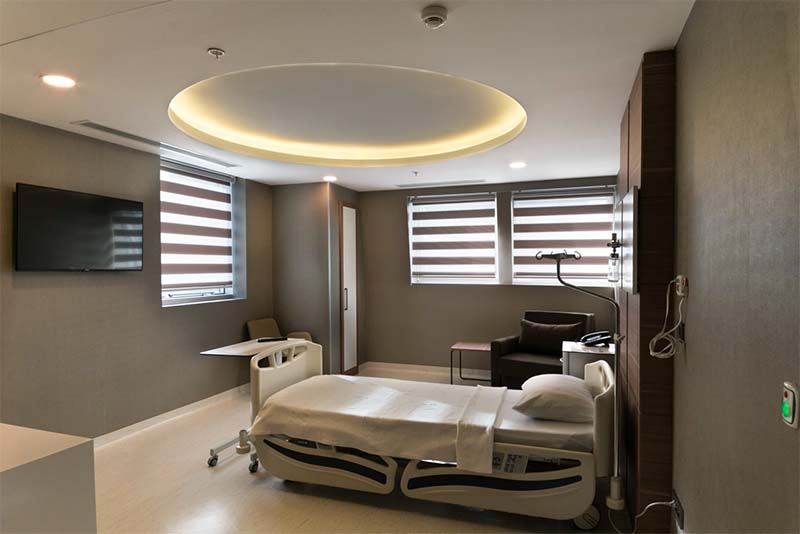




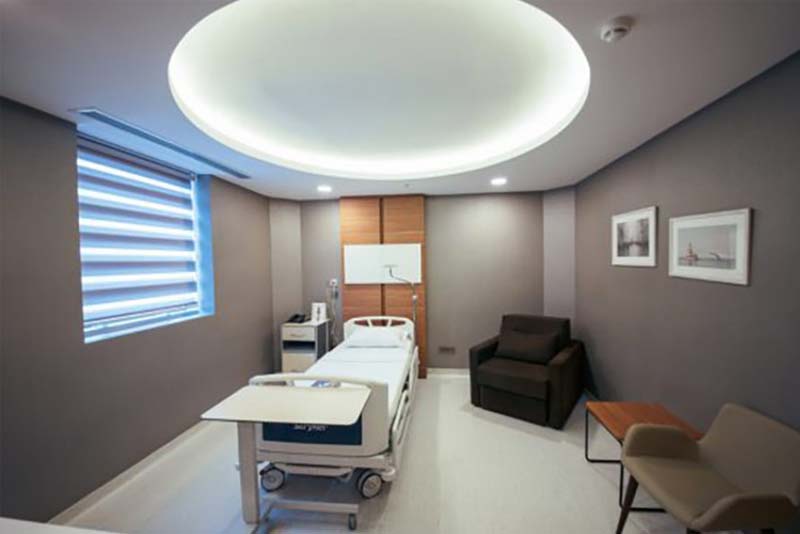



To get started on your weight-loss journey, please fill out our preliminary questionnaire.
This information is required to calculate your Body Mass Index (BMI) in order for the doctor to determine the appropriate surgery for your body type.


